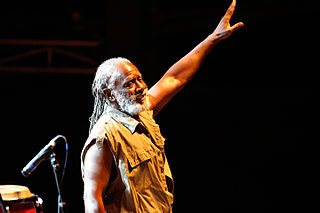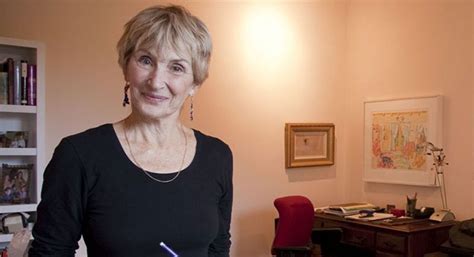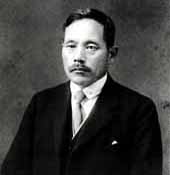A Quote by Jason Mraz
I always write to understand my place in the world. I can see myself and my life unfold on the page, and I can understand my strengths, my weaknesses - I can see where I need to step up a bit.
Related Quotes
We must begin looking at each other as brothers and sisters...and not walking brochures. We must see each other's strengths and encourage those strengths....We must see each others weaknesses and be patient with those weaknesses... sometimes even look beyond what we see as "weaknesses" and move on with compassion and love and respect. That takes true faith.
For success I consider three factors are necessary: firstly, an awareness of my own strengths and weaknesses; secondly, an accurate understanding of my opponent's strengths and weaknesses; thirdly, a higher aim than momentary satisfaction. I see this aim as being scientific and artistic achievements, which place the game of chess on a par with other arts.
I get paid to do what I love. If you understand physics, the foundation of the atomic theory and relativity, you understand how the future is going to unfold. You understand what things are not possible. You understand why things work. I get paid to do what I love the most, and that is to work on the Unified Field Theory and to see the future.
We write to understand our deepest secrets to ourselves, to understand. We write in an outpouring of love. We write in secret, either for publication or for a journal no one will see, or we write poems to be privately printed for the eyes of friends alone - this is not our choice. The urge is to create. The outcome belongs to God.
...I don't understand this gap you see between us, but can't you meet me somewhere in the middle?" "The middle of what?" "I don't know, the middle of tomorrow and forever, the middle of life and death, the middle of normal and paranormal. Where we've always been." I bit my lip, nodding against his forehead. "There's a place for us there, right?" "Always." He put his lips to mine, sealing our own little spot in the world. Together.
Diversity on the bench is critical. As practitioners, you need judges who 'get it!' We need judges who understand what discrimination feels like. We need judges who understand what inequality feels like. We need judges who understand the subtleties of unfair treatment and who are willing to call it out when they see it!




































